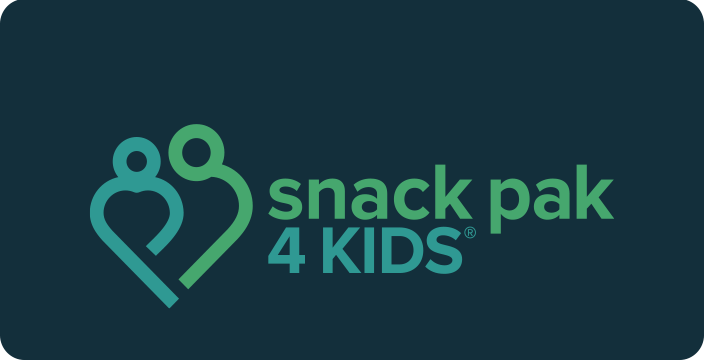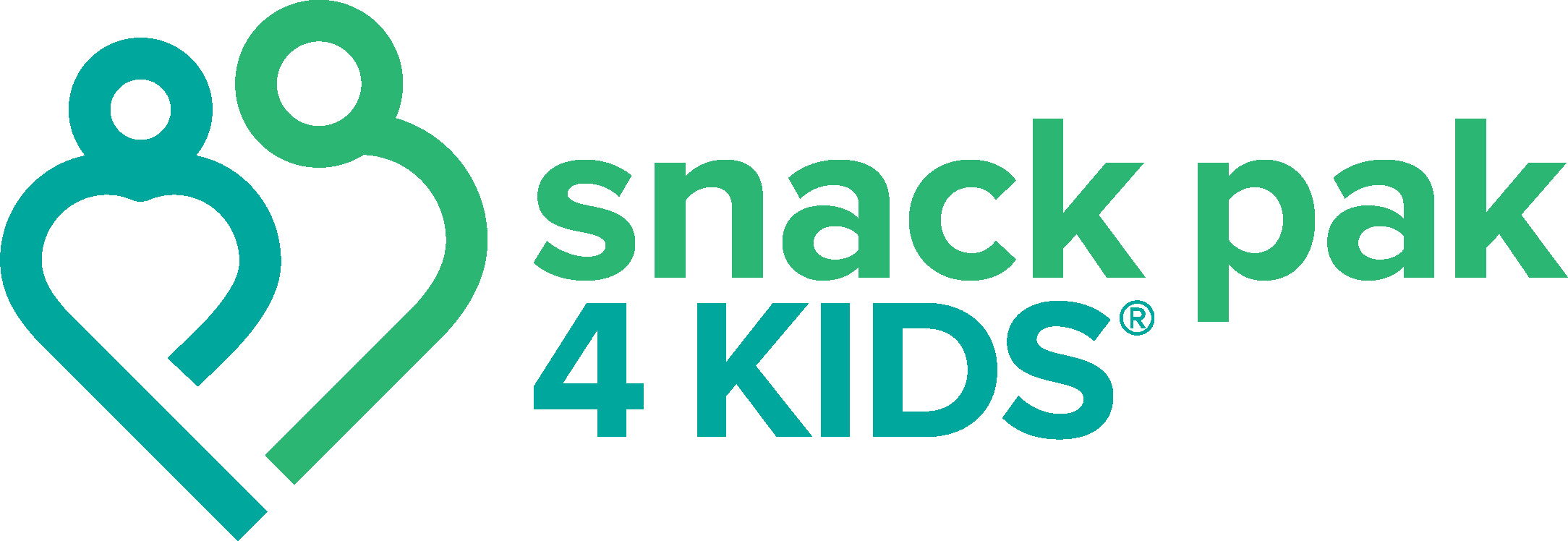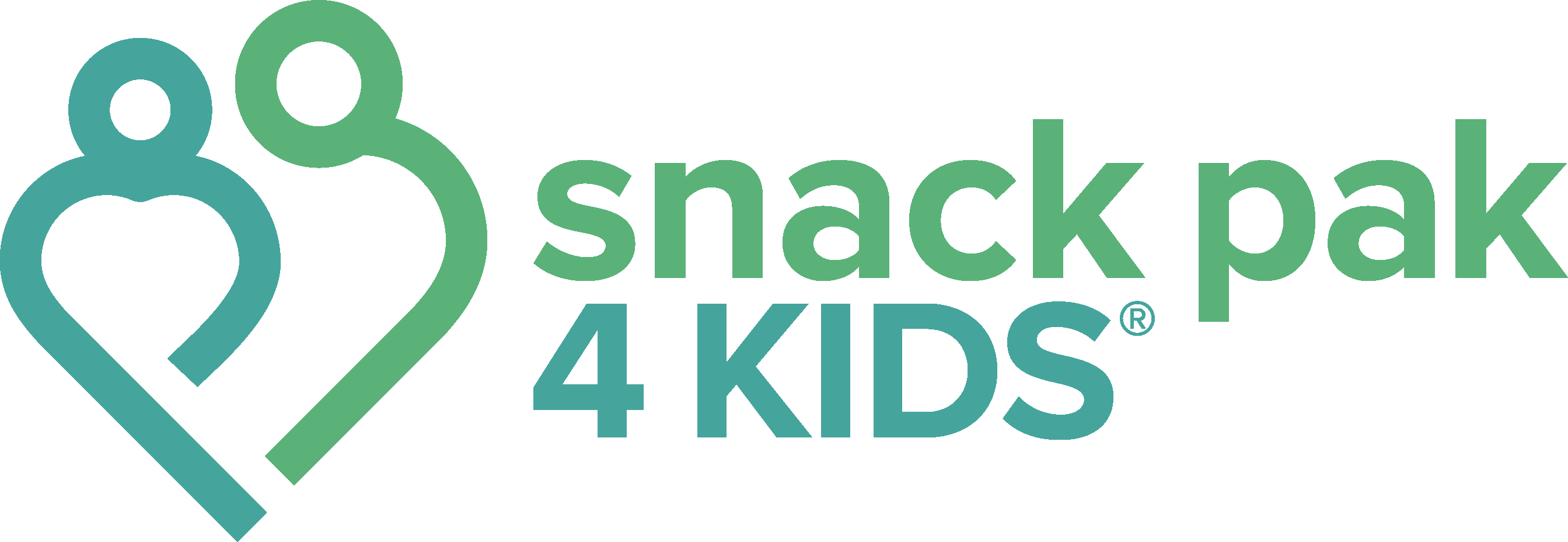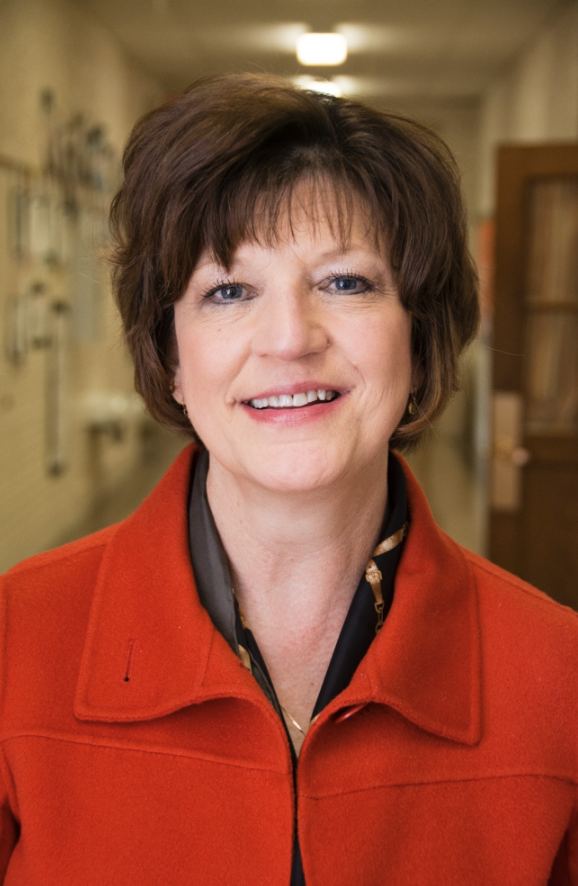 As a long-time educator who has worked in a variety of positions in all kinds of schools, I have strong beliefs about kids, learning, and what matters most.
As a long-time educator who has worked in a variety of positions in all kinds of schools, I have strong beliefs about kids, learning, and what matters most.
Research makes it clear that there is a significant difference in what kids start school with. Children who come from professional families – in homes where children build with Legos, play soccer and basketball on Kids Inc teams, attend gymnastics and music and art classes, and are exposed to rich conversation – start school with an advantage.
For these students, their vocabulary and background knowledge give them an edge; they are not only in the starting blocks when they enter school, but they are also already out in front of the pack.
Children who have not had those experiences – who live in poverty, who lack an understanding of our culture, and those for whom English is a second language – enter school at a very different place.
From day one, they are behind the rest of the pack, and research now indicates that this gap is evident by age 2. Think about how wide this gap can be by age 5, when children begin kindergarten.
But once students enter school, it’s up to us. We can accept that there is a gap and watch it widen, or we can work to close it. And closing it doesn’t happen accidentally.
But this “gap,” often referred to as an achievement gap, is much more about opportunity than achievement. These children – the ones we identify as being behind from the start – are smart and talented and deserving of a bright, successful future! While they may perform differently in the classroom, it’s really a lack of opportunities that creates the gap early on.
It’s through opportunities that students have the vocabulary and background knowledge they need to understand things in the classroom: the experiences that give them stories to write, and the exposure to a wide range of topics that serve as a foundation for learning.
There is an opportunity gap for sure, but the good news is that we can close these gaps by working together to provide what’s missing, and that sometimes begins with meeting the most basic of needs.
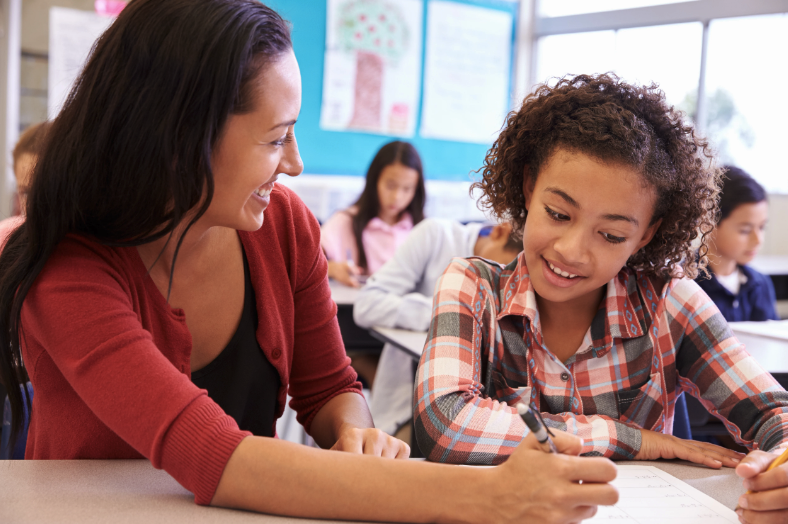 Fortunately, a number of organizations in our community have already figured this out and are working to do just that. Snack Pak 4 Kids ensures that kids have food over the weekends, so that they start school on Monday ready to learn.
Fortunately, a number of organizations in our community have already figured this out and are working to do just that. Snack Pak 4 Kids ensures that kids have food over the weekends, so that they start school on Monday ready to learn.
Family Support Services and others provide programs designed to strengthen parents’ skills for the tough job of parenting.
Some elementary schools now offer Pre-K for 3 year olds, and to further enrich young lives, the AC Kids College works to provide scholarships for some of their summer camps.
Teachers with big hearts and a commitment to bright futures work overtime to build the vocabulary and background knowledge that are lacking, while also developing students’ perseverance and resilience, and connecting the skills taught in school to meaningful careers down the road.
Wills Elementary, the school where I currently serve as principal, is a No Excuses school – and the “No Excuses” philosophy has to be woven into our being so that we, as the adults in children’s lives, accept nothing as an excuse for our failure to prepare a child. It’s us. We’re the ones who can and must work to close opportunity gaps.
Listen to the news too long and the reality of life can cause you to question whether or not we can make a difference. But look into the face of a child, and you’ll believe otherwise.
I’ve never talked with a child who wants to grow up to be poor, or with a parent who doesn’t want a promising future for their child. And once you hear a child talk about the doctor or firefighter or teacher they are going to be when they grow up, you know that whatever you can do today to narrow that gap makes a difference.
When I think about what matters and what we can do, Mother Teresa’s words seem so true: “Alone we can do so little; together we can do so much.”
Our children’s future? I can’t think of a more important investment we can make.
Chris Altman has been an educator for 35 years and has worked in both public and private schools as a teacher, curriculum specialist, and administrator. Altman graduated from West Texas State University with a Bachelor of Science degree in Education and later earned an M.Ed from West Texas A&M.
Altman has served on numerous district committees and has participated in three summer programs in professional education at Harvard’s Graduate School of Education. She is currently in her sixth year as principal of Wills Elementary in Amarillo ISD.
Help share Chris Altman’s story! Follow SP4K on Facebook and share this article.
{{cta(‘571fe86d-9f07-4928-bd61-b6edba64803f’)}}
